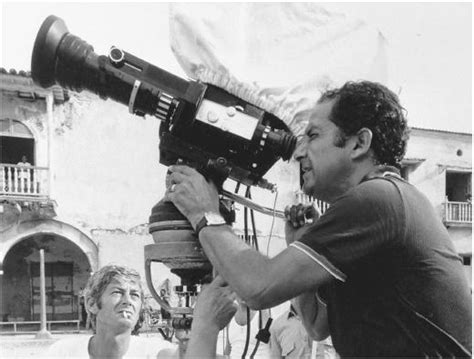A Quote by Aleksandar Hemon
I like the idea of a book being a democratic space which readers enter, carrying their own thoughts, and participate in a conversation, or experience of grace.
Quote Topics
Related Quotes
I want to make sense of things, to understand the world, but my work is never really instructional. I have no wisdom to impart or give, so I think my dream readers would be people who just use the book as an excuse to get into their own cycle of thoughts. The book is just like a map. It's just a jotting-down of things that you can interpret in your own ways.
Some readers sort of suspect that you have another book that you didn't publish that has even more information in it. I think that readers sort of want to be taught something. They have this idea that there's a takeaway from a novel rather than just the being there, which I think is the great, great pleasure of reading.
After a while, being so honest and so vulnerable on the page ends up affecting my own kind of self possession in the world, because I am not afraid of myself and my own thoughts. I think so much of being a woman, of being a social being, of being polite, is quieting those thoughts. There's so much we try not to say as we go through the day. There's a lot of tempering and self-editing. It is a relief to make writing that space where I don't need to do that.
You will want a book which contains not man's thoughts, but God's - not a book that may amuse you, but a book that can save you - not even a book that can instruct you, but a book on which you can venture an eternity - not only a book which can give relief to your spirit, but redemption to your soul - a book which contains salvation, and conveys it to you, one which shall at once be the Saviour's book and the sinner's.
And the fear of not being is born in that space. But in meditation, when this is understood, the mind can enter into a dimension of space where action is inaction. We do not know what love is, for in the space made by thought around itself as the me, love is the conflict of the me and the not-me. This conflict, this torture, is not love. Thought is the very denial of love, and it cannot enter into that space where the me is not. In that space is the benediction which man seeks and cannot find. He seeks it within the frontiers of thought, and thought destroys the ecstasy of this benediction.
All the natural movements of the soul are controlled by laws analogous to those of physical gravity. Grace is the only exception. Grace fills empty spaces, but it can only enter where there is a void to receive it, and it is grace itself which makes this void. The imagination is continually at work filling up all the fissures through which grace might pass.
First of all, directing is an idea that you have of a total flow of images that are going on, which are incidentally actors, words, and objects in space. It's an idea you have of yourself, like the idea you have of your own personality which finds its best representation in the world in terms of specific flows of imaginary images. That's what directing is.
Transcendental meditation is one particular form of mantra meditation that allows your mind to experience progressively abstract fields of awareness. And ultimately you settle down in the space between your thoughts. The space between your thoughts is pure consciousness, and it's a field of possibilities. It's a field of creativity. It's a field of correlation. It's also a field of uncertainty. It's also a field where intention actualizes its own fulfillment. So that meditation allows you to contact this field, which is very primordial - the ground state of our existence.
I don't experience much loneliness, oddly. Sometimes I have thought I was lonely and it turned out I was in reality wanting a snack, just like sometimes I have thought I was mad and it turned out I was actually wearing too many sweaters. I've always been very content in the company of my own thoughts, and I prefer to spend much of my time alone. But I do like conversation - for the exercise, for the spark, for the let's-see-where-it-takes-us, for being able to dip into communal creativity when you're tired of your own air.






































